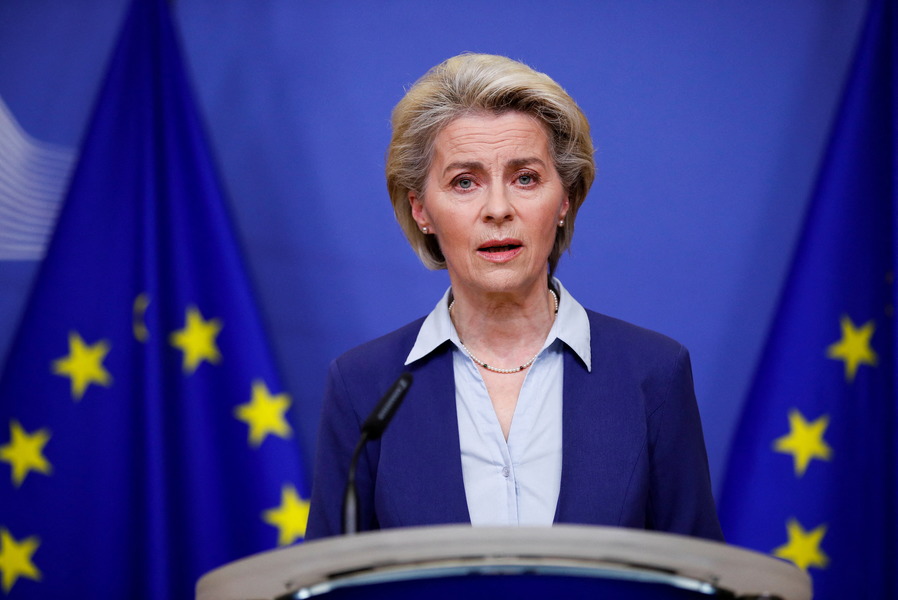Having overcome the veto from Austria, which bargained for concessions related to its Raiffeisen Bank International, the European Council on Monday, December 18, finally completed the process of adopting the 12th package of Russia sanctions.
As the European Commission said in a statement, sanctions are expected to deal an additional blow to Russia’s ability to wage war by targeting important sectors of Russia’s economy and making it more difficult for the Kremlin to evade sanctions.
The 12th package of sanctions provides for a long-sought ban on the direct or indirect import, purchase, or transfer of diamonds originating from Russia. It is also stipulated that exporters from the EU will, on a contractual basis, prohibit the re-export to Russia and for use in Russia of sensitive goods and technologies when they enter into agreements with third countries.
The list of goods whose export to the Russian Federation is prohibited has been significantly expanded. In particular, the EU added chemicals, lithium batteries, thermostats, DC motors and servomotors for drones, machine tools, and machine parts.
A separate block of EU sanctions decisions in the 12th package is about strengthening existing restrictions. The ban on the transit of all military material through Russia has been fully extended; Russian citizens shall not be able to own, control, or hold any positions in the governing bodies of legal entities that provide cryptocurrency services. Also, the current ban on rendering services to Russian nationals applies to the provision of software for enterprise management.
The EU is also introducing a requirement to report transfers of funds outside the EU by any legal entity within the EU associated with a Russian entity or national, as well as any individual residing in Russia.
The oil sector has also come under additional control, in particular, requirements for compliance with the oil price cap have been tightened in order to better identify vessels and entities that help Russia circumvent the restriction. EU companies that sell tankers to third parties must now report this to the EU.
Individual sanctions lists have also expanded. They include 29 new entities that directly support the Russian military-industrial complex, including from third countries, as well as a significant number of additional individuals and entities.
These steps by the leaders of the EU member states point to their unanimous position in understanding that pressure on Russia must continue on a systematic basis in order to degrade Russia’s military machine and thus bring closer the restoration of peace on the European continent.

